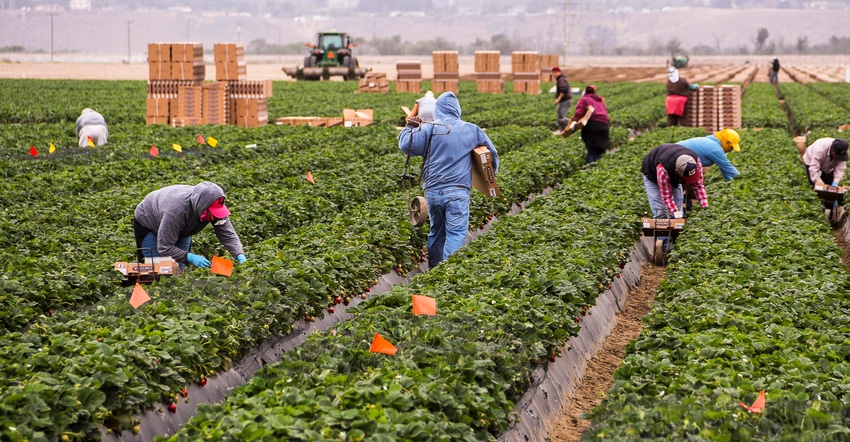February 28, 2023

Washington State University Extension educators are increasing access for Spanish speakers by offering full translation in the Cultivating Success program, which teaches aspiring agricultural producers how to start a farm business.
The course is translated in part by Kate Smith, WSU Skagit County Extension lead coordinator for WSU’s Cultivating Success program.
“In agriculture, we have to recognize the essential role that the Hispanic and Latine community, farmers, and agricultural workers represent,” Smith said. “That’s why we translate each facet of the Cultivating Success course.”
Nationally, Hispanic and Latino people make up 83% of the agricultural workforce, but only 3% own a farm. In Washington state, the majority of the 250,000 agricultural workers who harvest crops identify as Hispanic or Latino.
Smith and colleague Cristina Ocaña Gallegos, food systems agricultural coordinator with WSU Skagit County Extension, translated the course website and support materials. They also translate weekly student emails, polls, surveys, and registration information.
Technological applications do some of the footwork. Participants can listen to the Spanish audio channel in Zoom, which is helpful for the course’s virtual portions. During in-person farm tours and field trips, headset transceivers and receivers interpret in real time.
“Providing these services allows us to reach a larger audience and include a segment of the population that often has a genuine interest in agriculture but faces multiple barriers to formal education, including language barriers or cultural differences in teaching,” Ocaña Gallegos said.
Overcoming challenges
Translating an English-Spanish course presents some challenges for educators and coordinators.
“It’s important to train course facilitators on the language-interpretation technology so they know what participants will hear,” Smith said. “You have to translate the virtual presentations in advance.”
Despite the challenges, Extension agents’ Spanish-translation efforts have helped participants start farm businesses, connect with resources and other farmers, and access funds or awards granted to diverse agricultural workers.
Smith has seen firsthand how increasing accessibility and decreasing language barriers positively impacts Washington communities. As diverse farm workers become more supported, they are able to increase participation in regional and statewide economies.
“Accessibility is core to Cultivating Success,” she said. “Agriculture should reflect the diversity of our state.
“It��’s wonderful to see past participants learn about resource support or access start-up funds or grants that they wouldn’t have otherwise,” Smith added.
Source: Washington State University
You May Also Like




